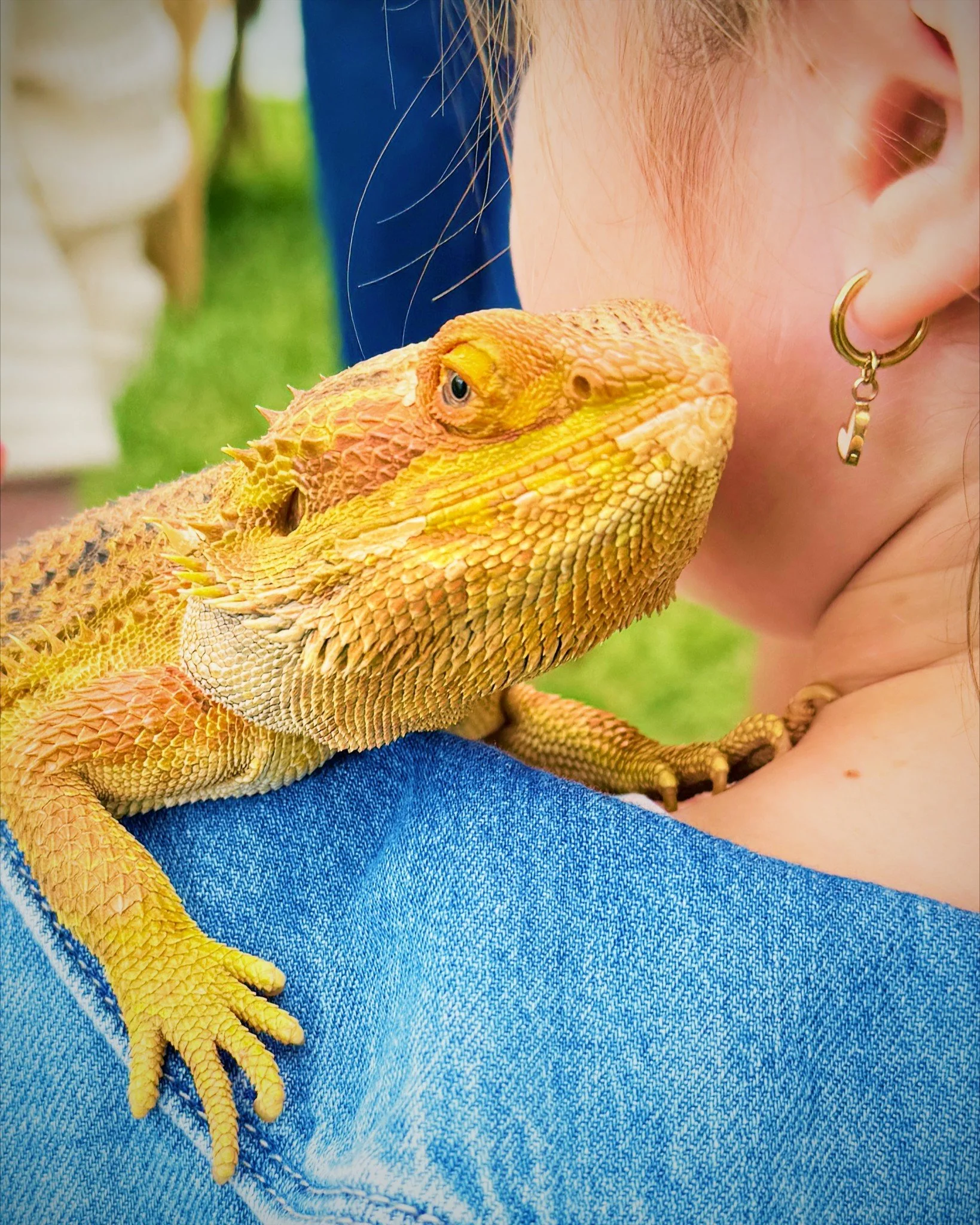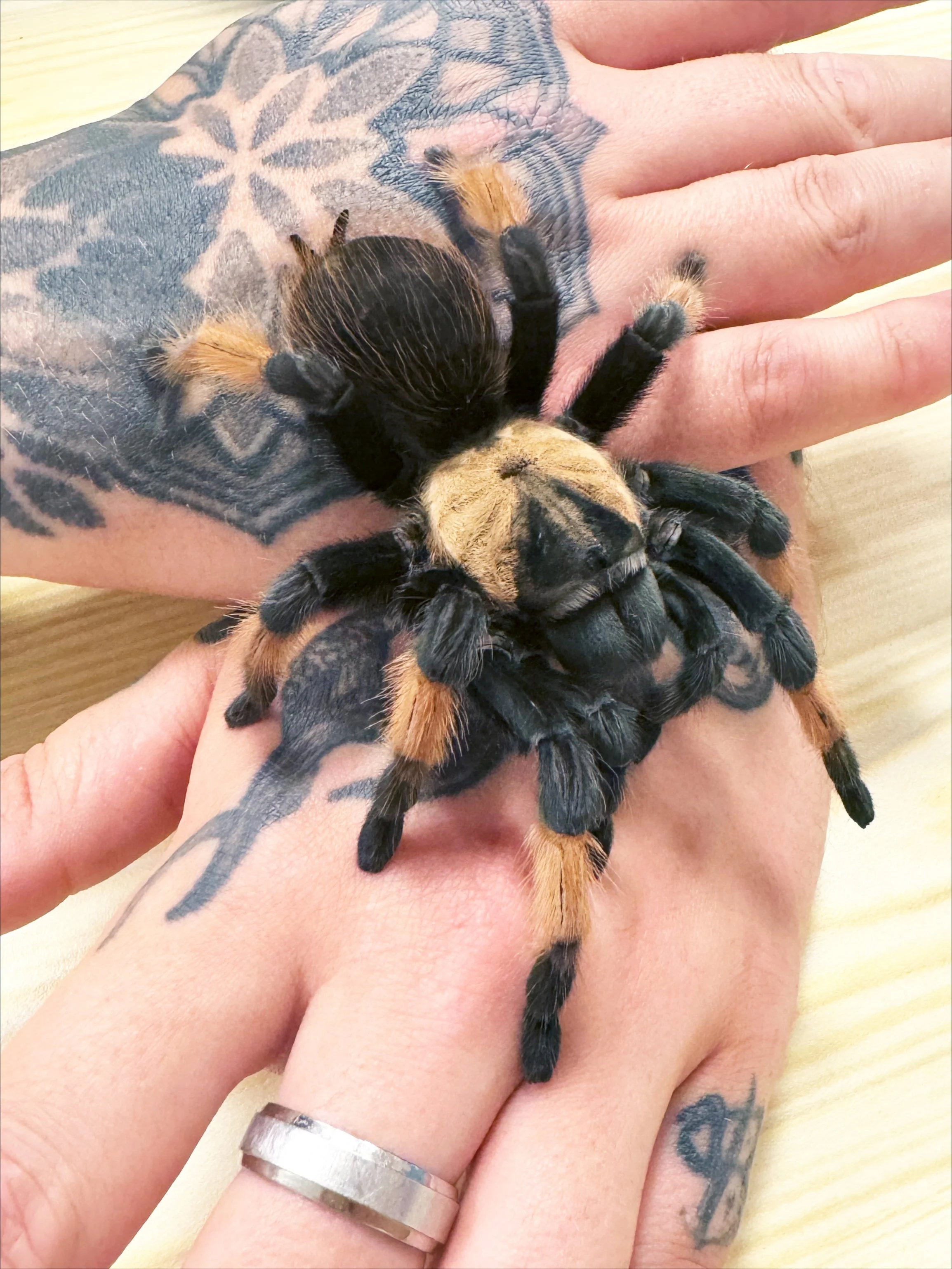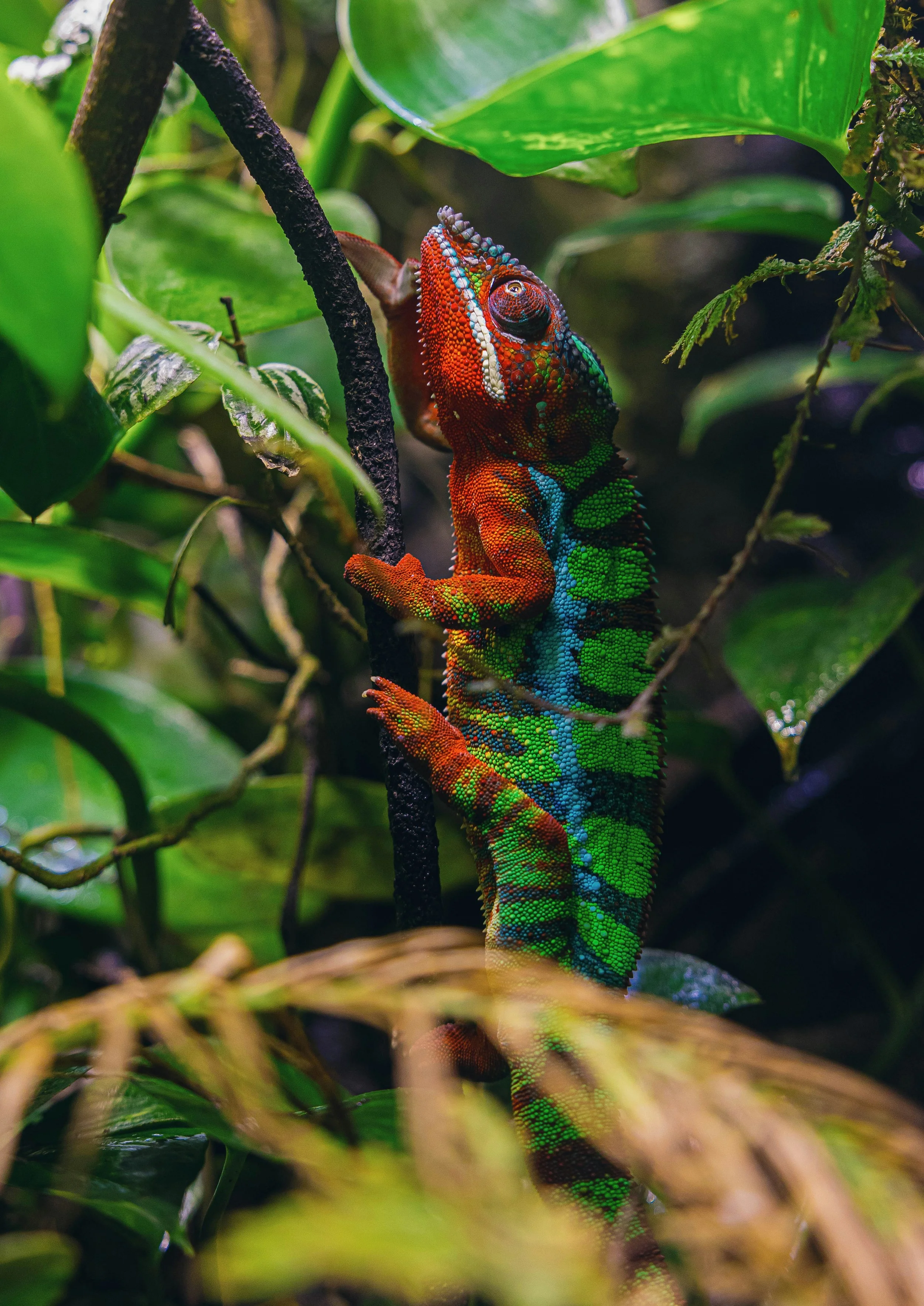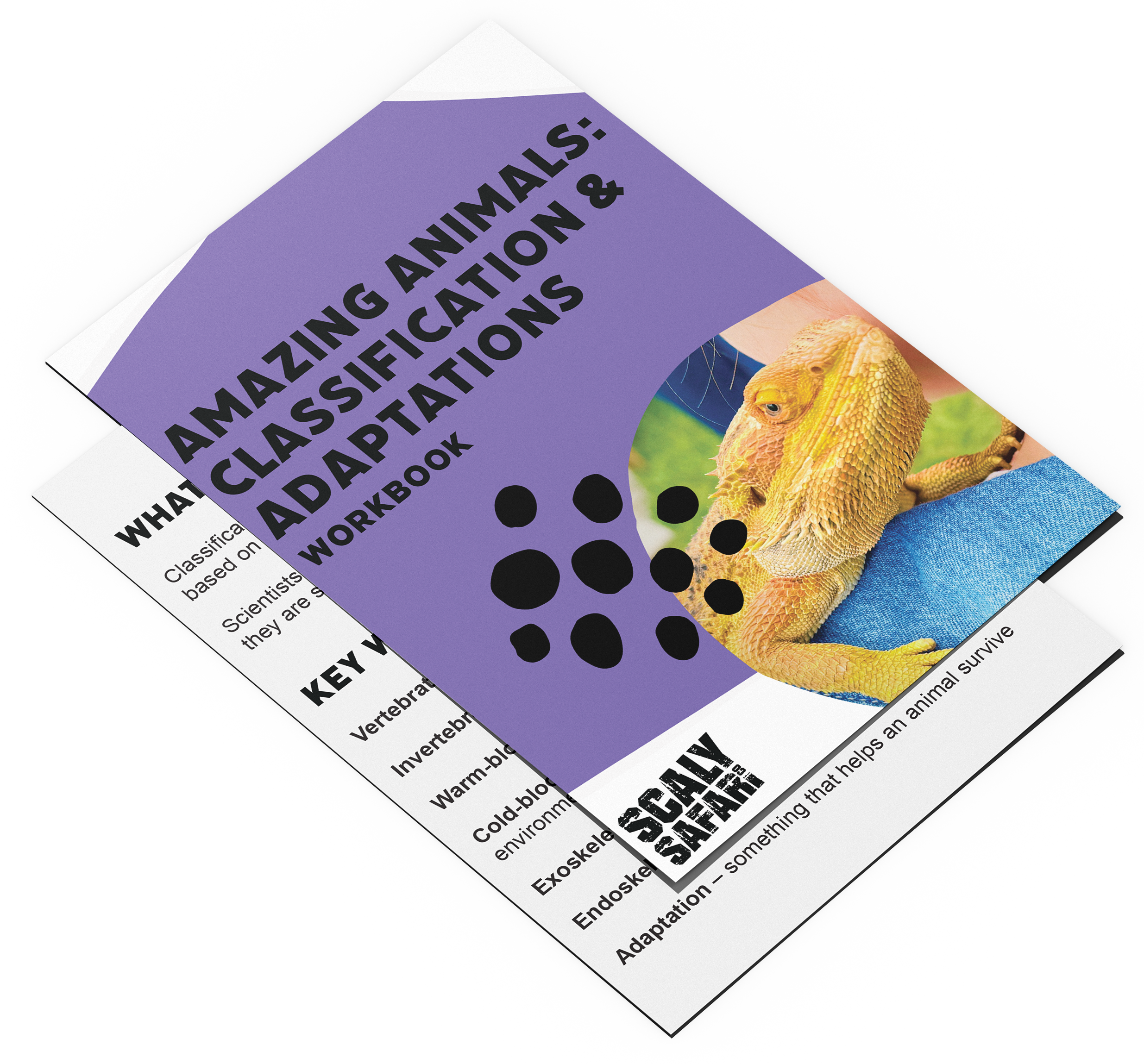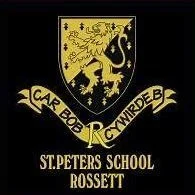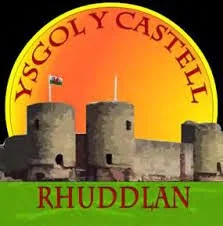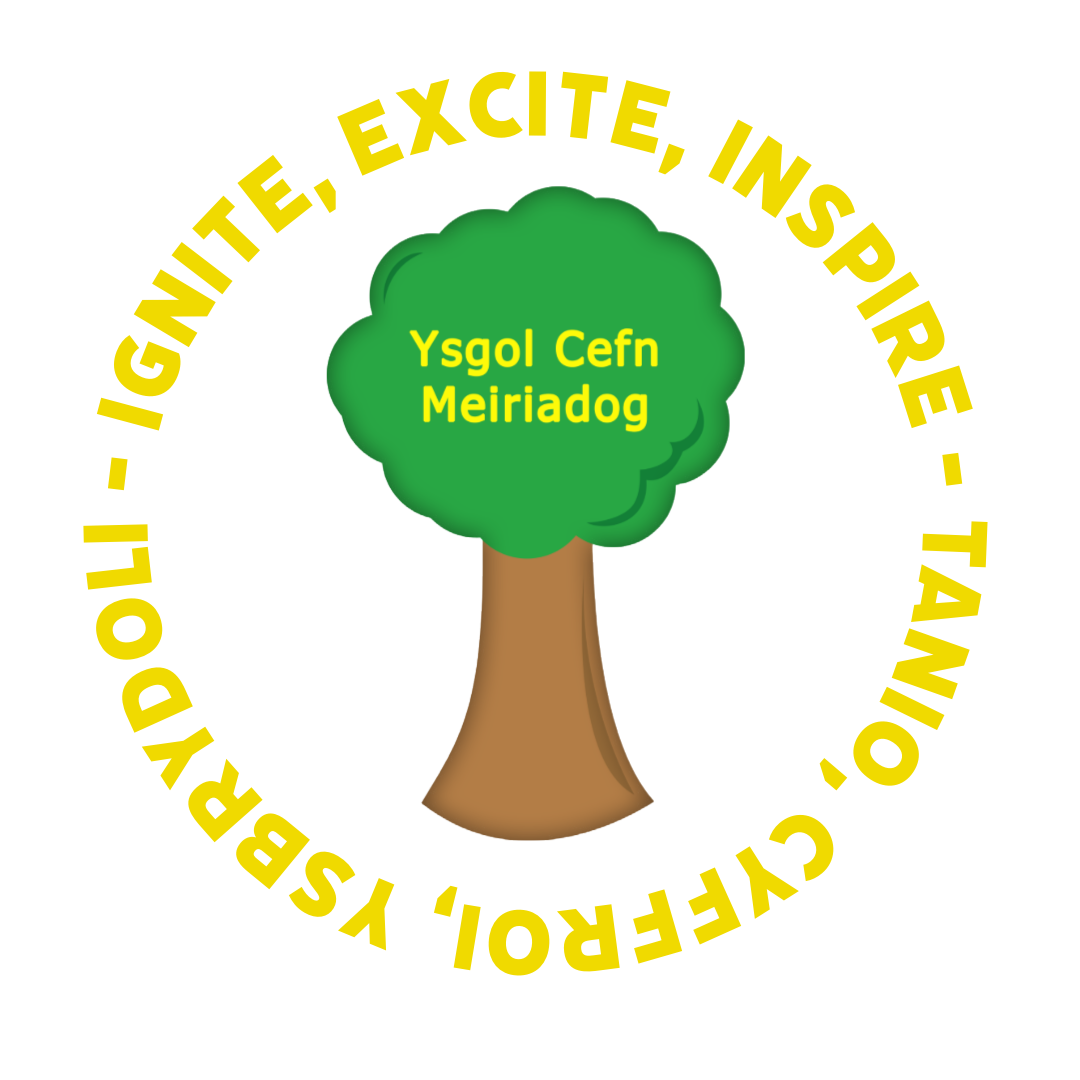
Amazing Animals: Classification & Adaptations
A hands-on, Curriculum for Wales–aligned ONE-HOUR workshop for primary pupils (ages 5–11) — bringing classification and adaptations to life with real animals.
CURRICULUM FOR WALES MAPPING:
-
“Living things are interdependent and need a suitable environment to survive.”
Classification of living things
Comparing body structures and features
Exploring herbivores, carnivores and omnivores
Understanding predator/prey adaptations
“Matter and the way it behaves influences how living things function.”
How adaptations support survival
Warm vs cold-blooded animals
External features that help animals thrive
“Forces and energy provide a foundation for understanding our world.”
How animals use behaviour (movement, heat regulation) to survive
-
Grouping, sorting and classifying living things
Using simple keys and observable features
Making comparisons between animals
Using scientific vocabulary to communicate ideas
Observing changes across seasons and environments
Our Amazing Animals workshop is designed to boost science learning through real-life encounters with mammals, reptiles, invertebrates and more.
This session supports the Curriculum for Wales, aligns with the Science & Technology Area of Learning and Experience (AoLE), enhances scientific vocabulary, and builds confidence through hands-on investigation.

why SCHOOLS CHOOSE SCALY SAFARI:
✔ Fully aligned with the Curriculum for Wales (Science & Technology AoLE)
✔ Highly interactive: real animals, real science
✔ Perfect for science week, topic launches & class rewards
✔ Affordable options (School-funded • PTA-funded • Parent-funded)
✔ Delivered by experienced animal educators
✔ FULLY LICENSED, INSURED, AND DBS-CHECKED
ANIMALS THEY’LL MEET…
BEARDED DRAGON
CHAMELEON
SCORPION
BLUE-TONGUED SKINK
GIANT AFRICAN MILLIPEDES
TARANTULA
BRAZILIAN RAINBOW BOA
GIANT HISSING COCKROACHES
TENREC
Animals are subject to change depending on availability
WHAT wE’LL cover:
PART I: CLASSIFICATIONS
Mammals • Reptiles • Amphibians • Invertebrates • Arachnids • Myriapods
Warm-blooded vs cold-blooded
Exoskeleton vs endoskeleton
Scales, fur, shells, body coverings
Live birth vs egg laying
Observation and scientific vocabulary
PART II: ADAPTATIONS
Survival adaptations
Camouflage
Defence mechanisms
Heat-sensing
Climbing & gripping
Habitat suitability
This workshop develops curiosity, observation skills and scientific enquiry — key elements of the Science & Technology Area of Learning and Experience (AoLE).

WHAT THEY’LL LEARN:
CLASSIFICATION LEARNING INTENTIONS
Identify basic groups: mammals, reptiles, amphibians, invertebrates, arachnids, myriapods.
Describe similarities and differences between groups.
Use simple scientific vocabulary: vertebrate, invertebrate, warm-blooded, cold-blooded, exoskeleton, endoskeleton.
Develop confidence in observing and comparing living things.
adaptation LEARNING INTENTIONS
Explain what an adaptation is and why it helps an animal survive.
Identify examples of camouflage, defence, heat-sensing, and movement adaptations.
Observe real-life examples of structural and behavioural adaptations through live animals.
Recognise how different environments shape the features and behaviours of living things.
SKILLS LEARNERS WILL DEVELOP
Observation and enquiry skills
Asking thoughtful scientific questions
Comparing, sorting and classifying
Team participation and communication
Respect for animals, nature and the environment
Building curiosity and confidence with living things
These skills directly support the Science & Technology Area of Learning and Experience, and help learners work towards the Four Purposes of the Curriculum for Wales.
WHAT they’ll experience:
WATCHING A SCORPION GLOW UNDER UV LIGHT
CHAMELEON VS BEARDED DRAGON GRIP TEST
ANIMAL HANDING & INTERACTION
FREE Curriculum for Wales Pupil Workbook Included with Every Amazing Animals Workshop
Every class that books the Amazing Animals workshop receives access to our beautifully designed pupil workbook, fully aligned with the Curriculum for Wales. It’s packed with age-appropriate activities and clear explanations that help pupils explore key ideas from the Science & Technology Area of Learning and Experience.
The workbook includes a child-friendly summary of everything covered in the session, plus engaging exercises that reinforce concepts such as classification, adaptations, habitats, and animal features.
Teachers can use it during the workshop, as a follow-up activity, or as a tool to support and extend learning back in the classroom.
PRICING & FUNDING
school-funded WORKSHOPS
Our workshops are £175 per hour (plus travel costs if applicable), and can be funded directly through school.
DISCOUNTS FOR MULTIPLE WORKSHOPS
Need more than one workshop? We offer discounts for multiple bookings.
PTA-funded WORKSHOPS
Need an alternative way to fund your workshop? Your PTA may be able to help!
PARENT CONTRIBUTION MODEL
Asking for contributions directly from parents can help fund this incredible experience for their child.
SOME OF THE SCHOOLS WE’VE WORKED WITH…
LET’S PLAN YOUR WORKSHOP
Ready to book? Need some more information? Complete the form below, send us an email to hey@scalysafari.co, or call us on 07568 377 077. We’ll be in touch asap!
FAQS
-
Our School Workshops are approx. one hour long.
-
We charge per workshop, no matter how many children you’d like to attend. We recommend no more than 30 per workshop, and remember that the more children there are, the less opportunity there will be for everyone to handle the animals.
-
Pretty much anywhere! We’re based in North Wales, but regularly cover the whole of the North West as well (and beyond). There may be a surcharge for fuel costs for travelling further afield.
-
It depends on the learning outcome of the workshop, but we always bring an appropriate selection of animals based on what we’ll be covering.
The selection we bring also largely depends on shedding, and feeding schedules.
-
Weather-permitting…absolutely! Please note that most of our animals are temperature-sensitive, so if we feel it’s a bit too chilly (or hot) on the day, we may have to move the session indoors.
Please note: clear access to hot running water and soap is essential.
-
As we always say: every animal can bite if it wants to. Our animals are our own personal pets, and are extremely well-handled. It is highly unlikely that they will bite, especially as all handling will take place under our direct supervision. We can’t, however, guarantee 100% that they won’t bite.
None of our snakes are venomous.

